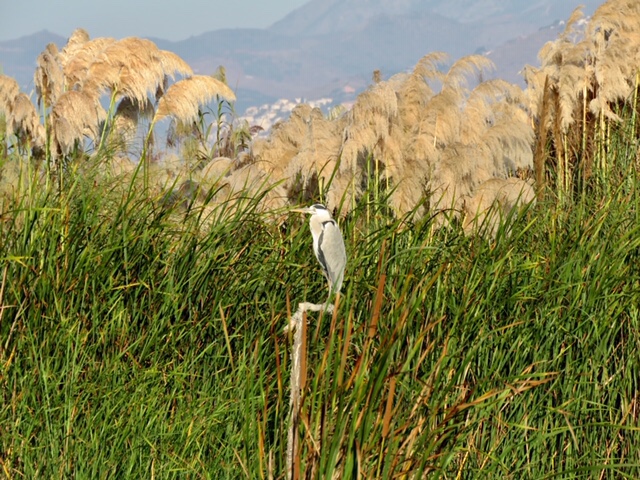
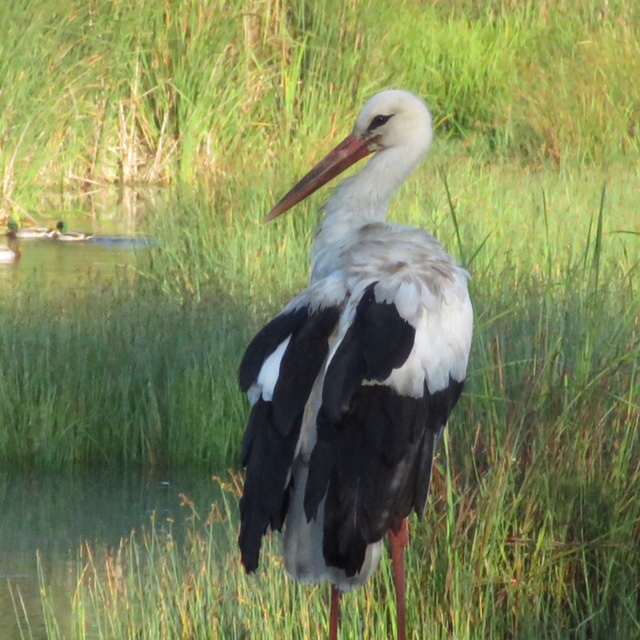
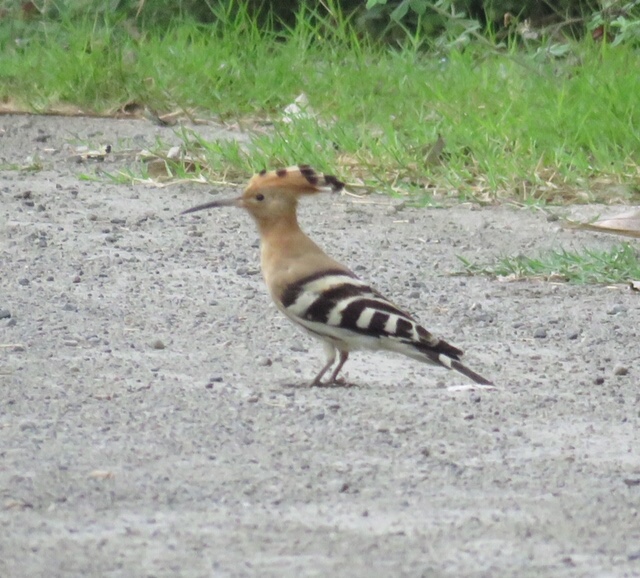
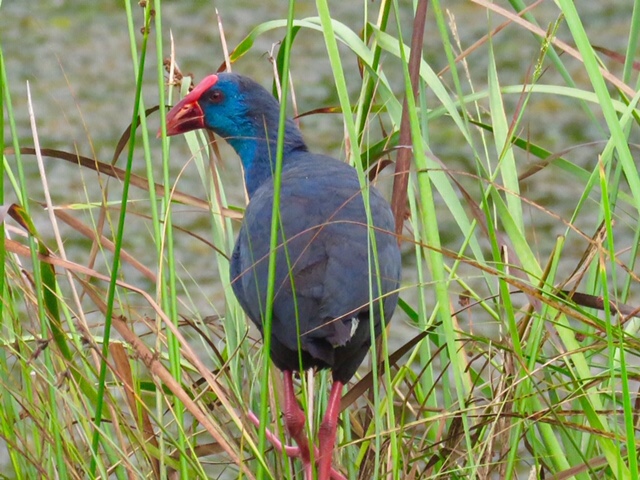
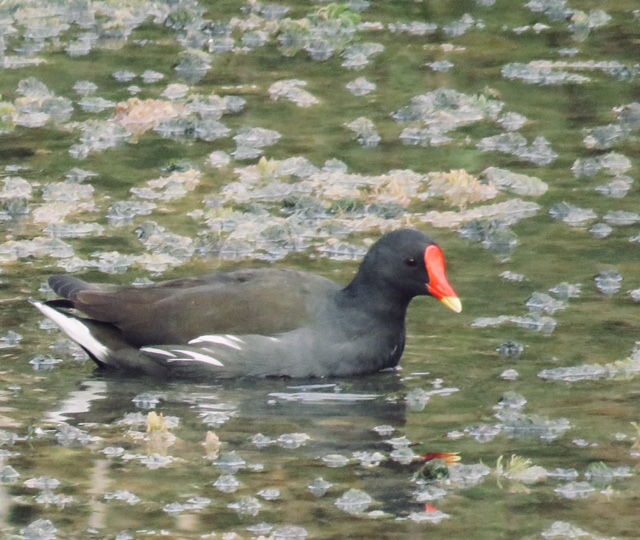
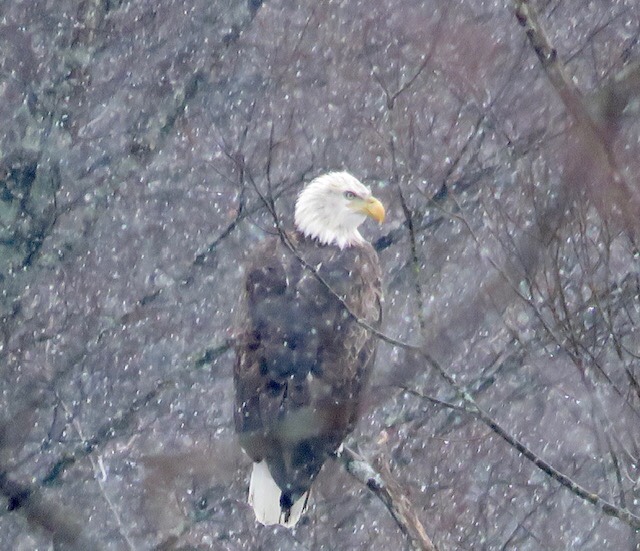
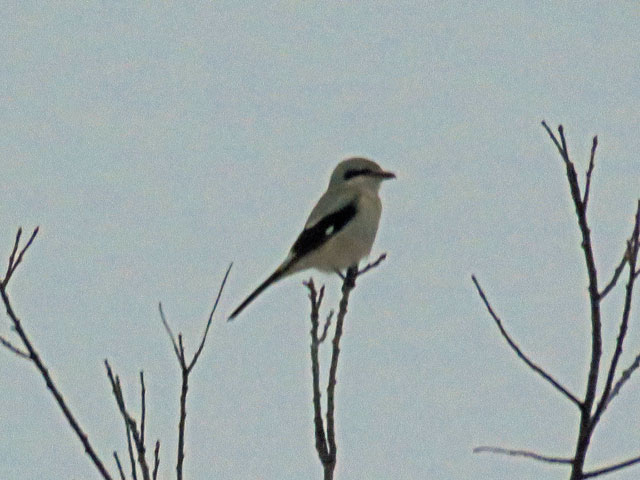
We are enjoying a nice array of winter birds and looking forward to a road trip to Florida in late January to bird a bit without frosty hands – our first outing with our new birding assistant – Ginger Ale.








We are enjoying a nice array of winter birds and looking forward to a road trip to Florida in late January to bird a bit without frosty hands – our first outing with our new birding assistant – Ginger Ale.
Like the White Stork, this Grey Heron gets lots of attention. 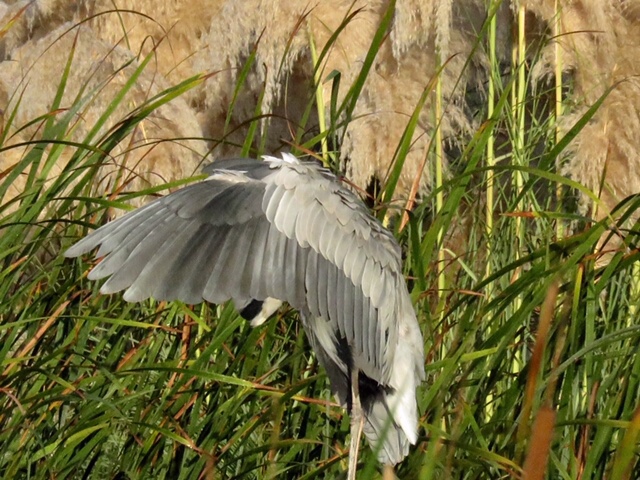
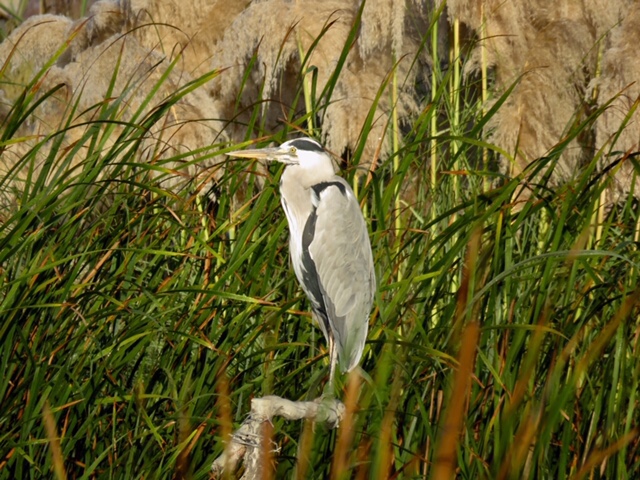

The folks who bird the Charca de Suarez refuge have named the White Stork which spends days there Margarito (Daisy). I am not sure if she is the same bird we saw last year but definitely is one of the most-photographed birds in Spain. 
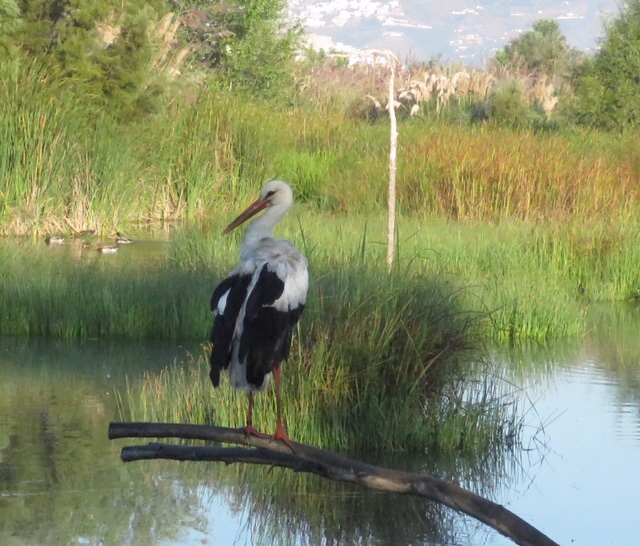
We have been enjoying the weather, the culture, and the people this trip — birding has been just another activity, but still very enjoyable. Here are some birds and flowers from some of our outings.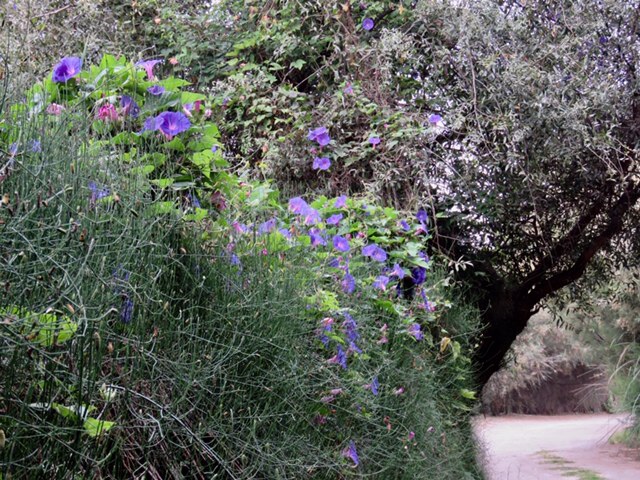
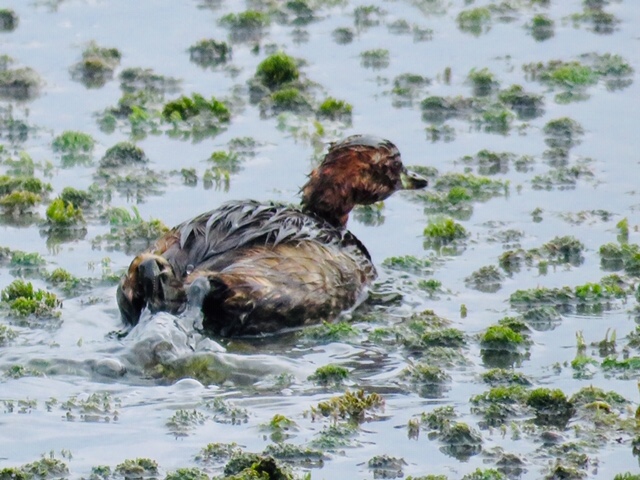
Little Grebes are cute but sure like to dive in the muckiest water. Time for a shower.
Here is a Northern Shoveler between and egret and a coot.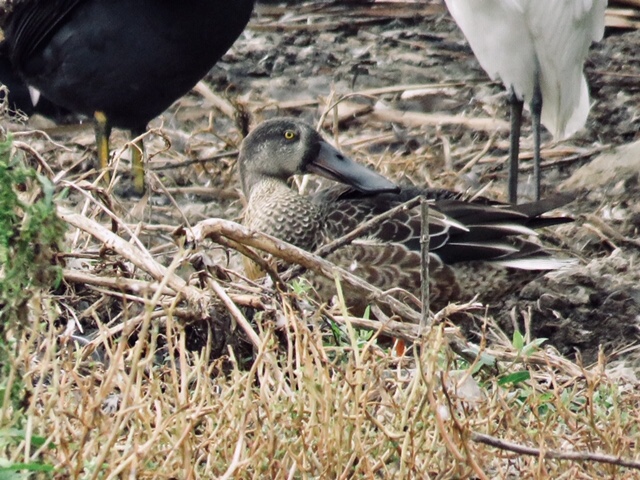
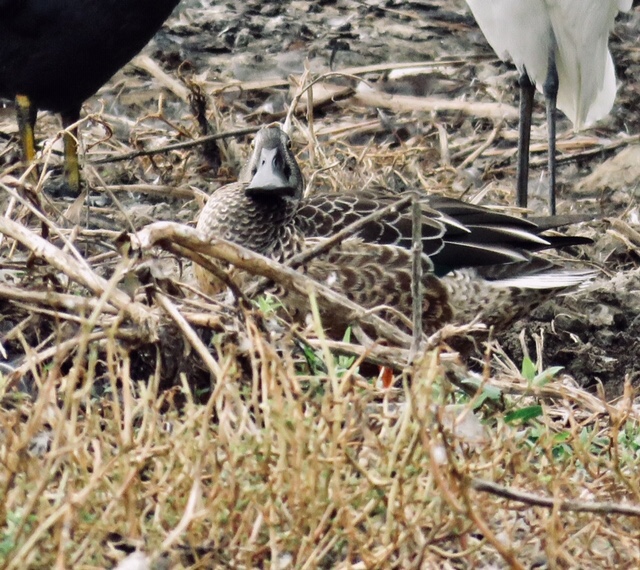
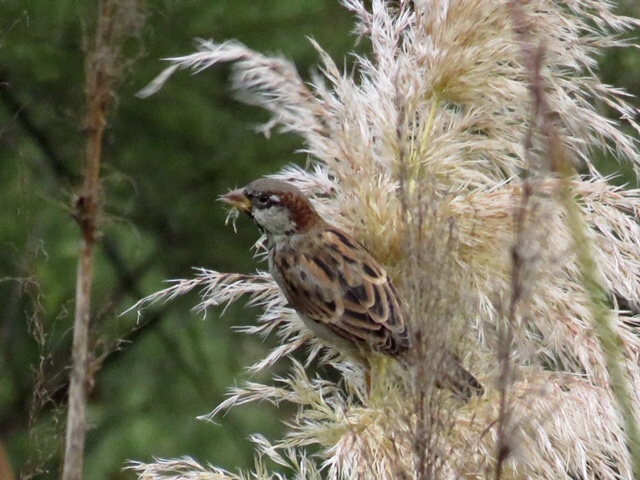
Even the common House Sparrow looks pretty sharp today.
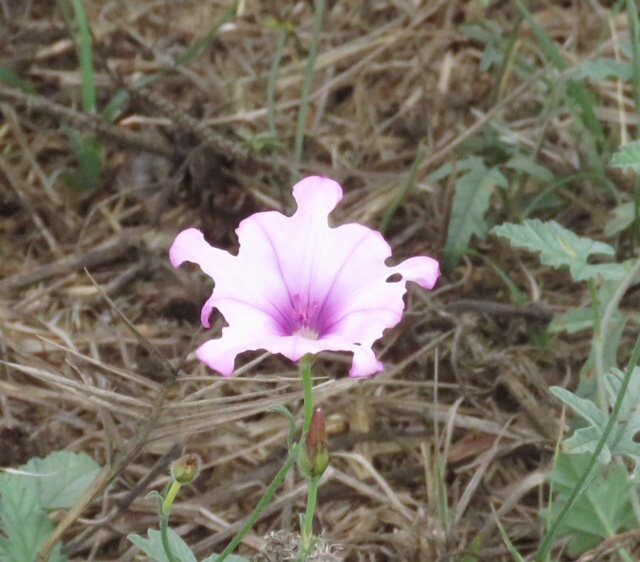
We took a short trip this morning to check out a couple of sites, starting with the lighthouse at Cabo de Sacratif. Great views, nice breeze off the ocean and some gulls, Wheatears, and little brown jobs. (Lbj’s)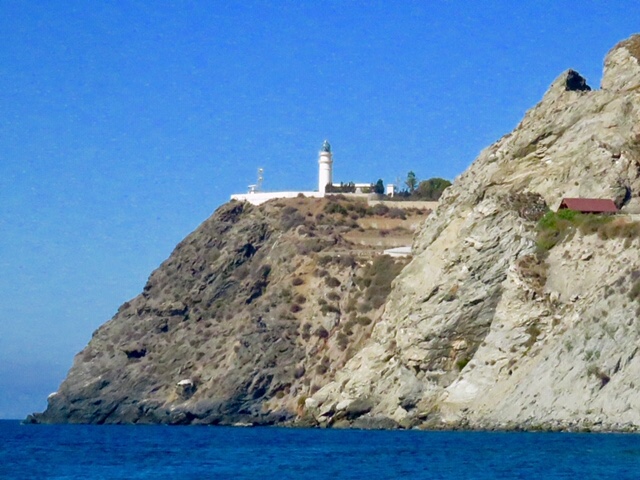
We walked the stony beach at Playa de Carchuna and saw a few more birds, several of which we couldn’t identify but no big deal. This guy is a good example.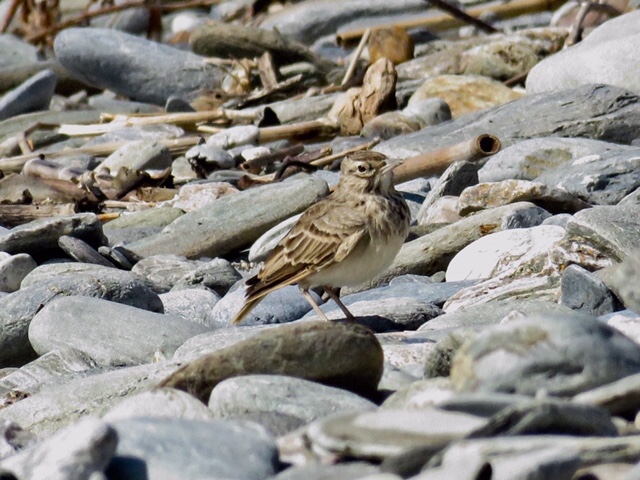
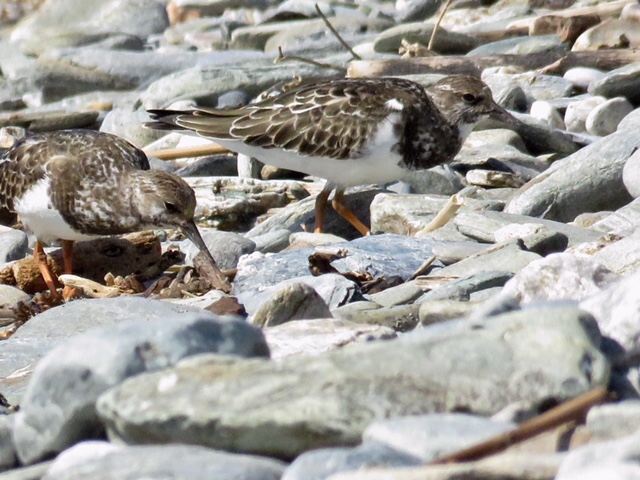
I’m calling these juvenile Common Sandpipers.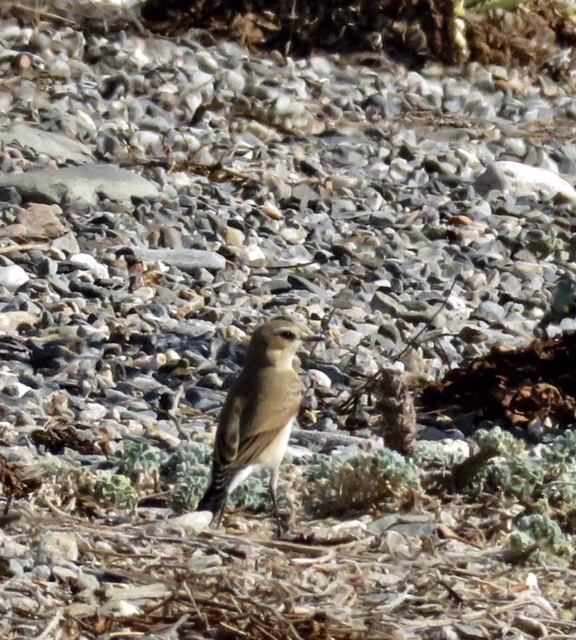
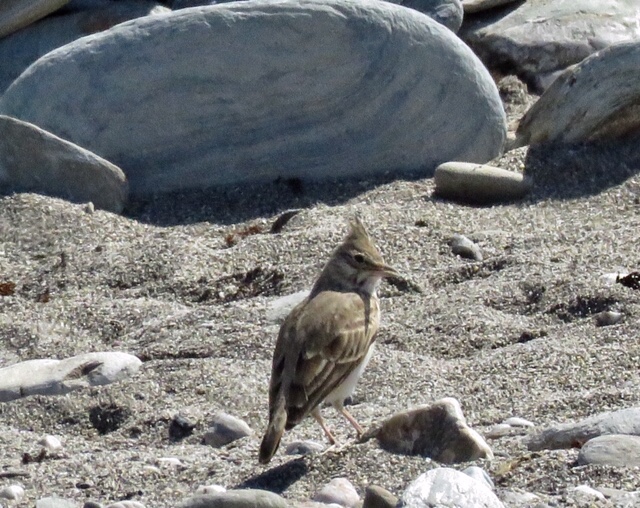
One of several Crested Larks.
We need to remember these sunny breezy beach walks when the white we see is snow, not sand. Hasta luego, amigos
It’s often interesting when sorting out images to not only relive the outing, but to look for surprises. On the forementioned trip to Charca de Suarez, we ran into these folks.

Purple Swamphens are big, colorful, and loud.

Common Moorhen
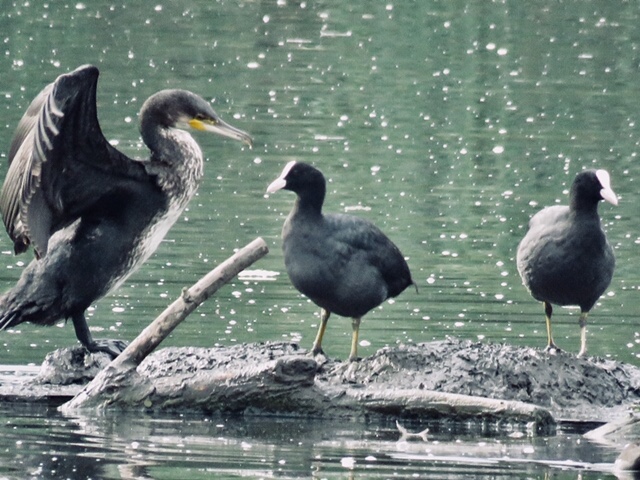
Great Cormorant and a couple of Eurasian Coots.
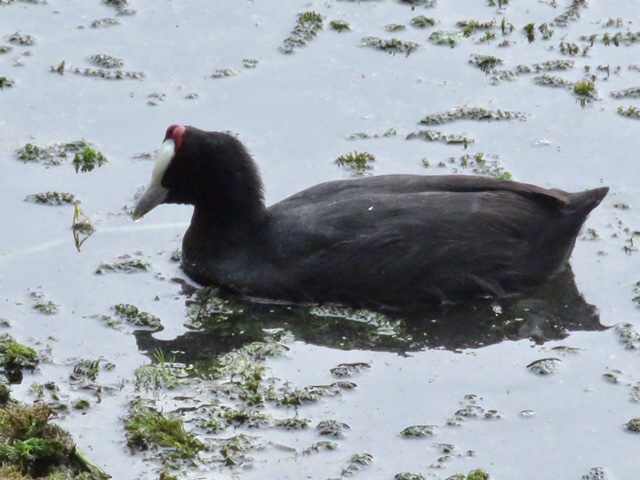
We saw many Red-knobbed Coots, which are fairly rare except for the group at this site. Older birds have neck bands – this was one of several juveniles.
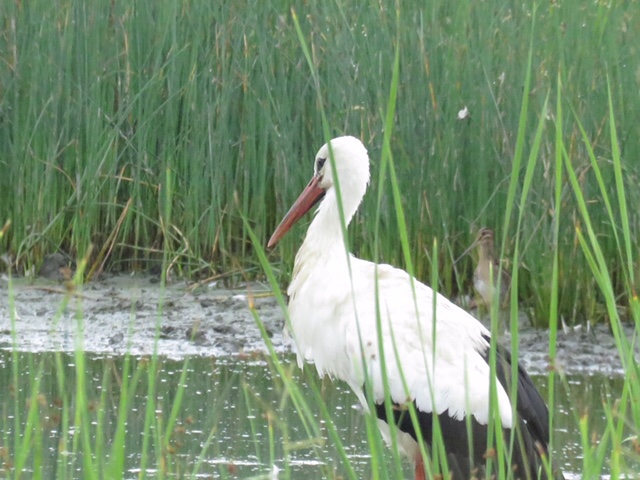
When I saw this White Stork, I never noticed his companion, a Common Snipe.
The bird I most wanted to see this Spain trip is the Eurasian Hoopoe, one of the most striking and distinctive birds of the region. Last year, I missed a couple that were beside the road – and while our birding this week has been limited, today we went to a favorite site nearby, Charca de Suarez.
Today, after an hour of seeing a nice variety of species, many of which I couldn’t identify, a splashy bird with lot of color flushed. I thought it was a Kestrel but Sally felt otherwise, and spotted it up ahead where it perched in foliage. Sure enough, it was a Hoopoe. I had trouble getting a decent shot but we were happy, even as it flew off.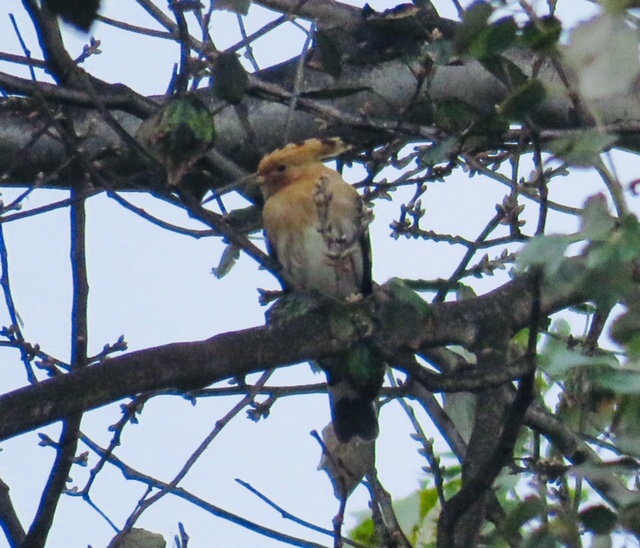
After more birding including some nice looks at a White Stork and Grey Heron, we stumbled on to a Hoopoe, perhaps the same one, in the middle of the road. Quick camera shots and off it went.

I want to see these guys again, it’s just a very cool bird. They winter in Africa but there’s a chance we’ll see more in the next week. In the meantime, we are Hoopoe Happy.
I mentioned earlier that the little preserve that we visit is the largest wetlands on the Granada coast and is tucked into an 18 hectare plot in Motril. The birds love it, as do we. Yesterday, we saw a number of Red-knobbed Coots, a rare bird that is still in danger but is restored to Spain as well as other water-loving birds.
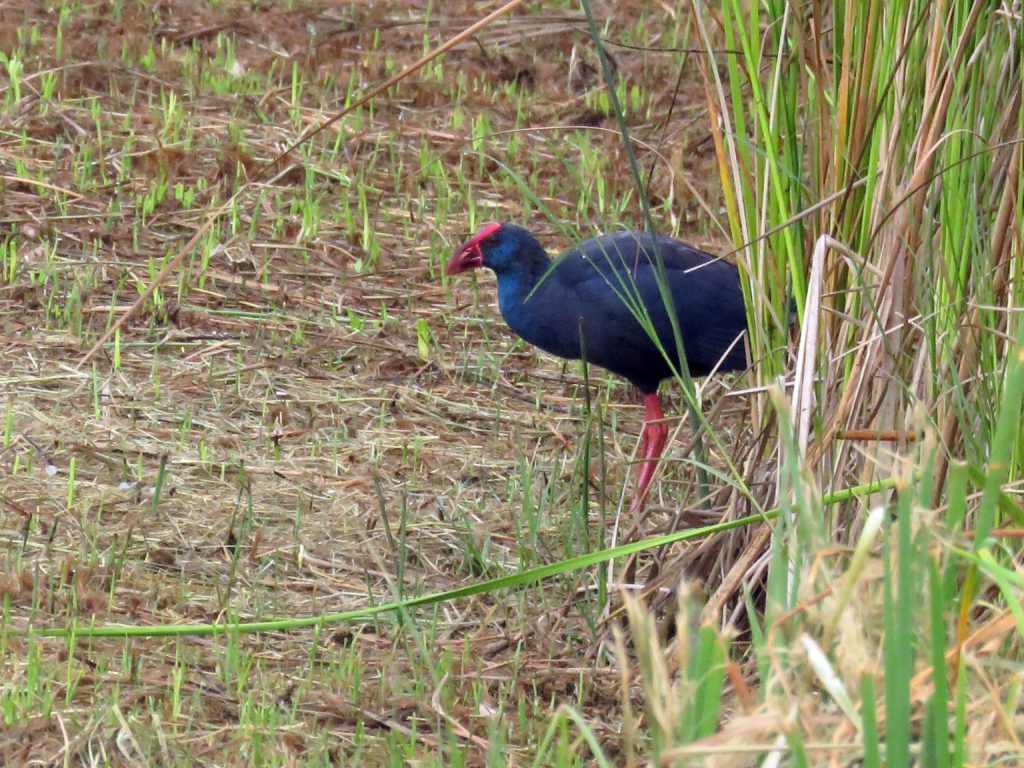
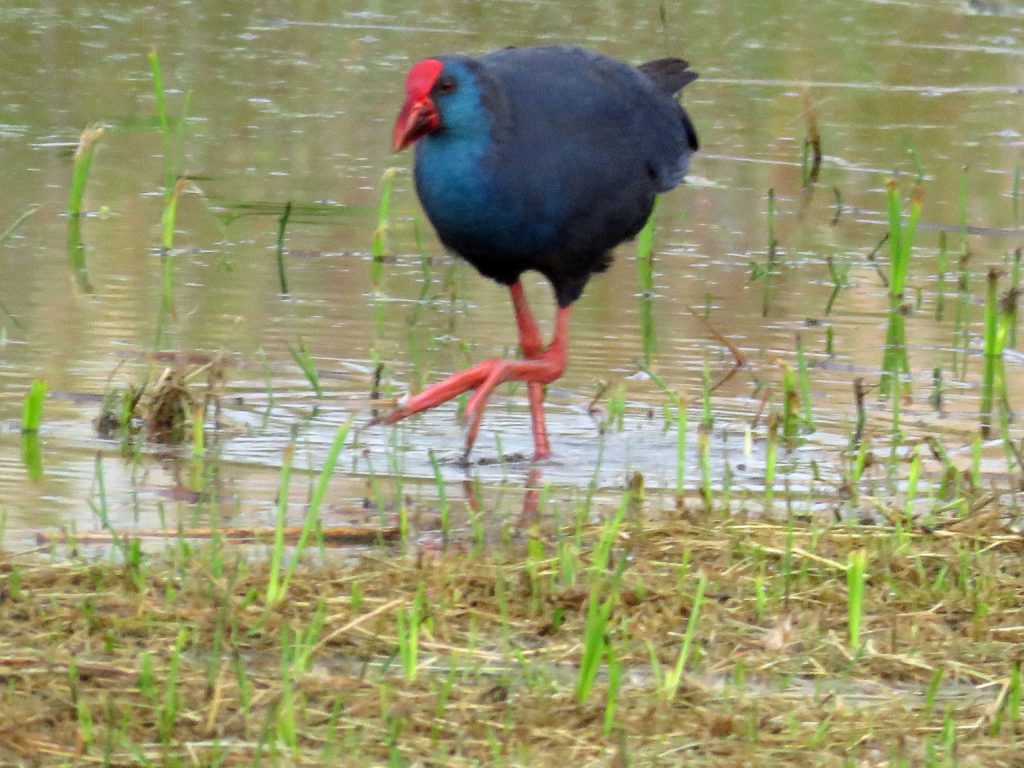
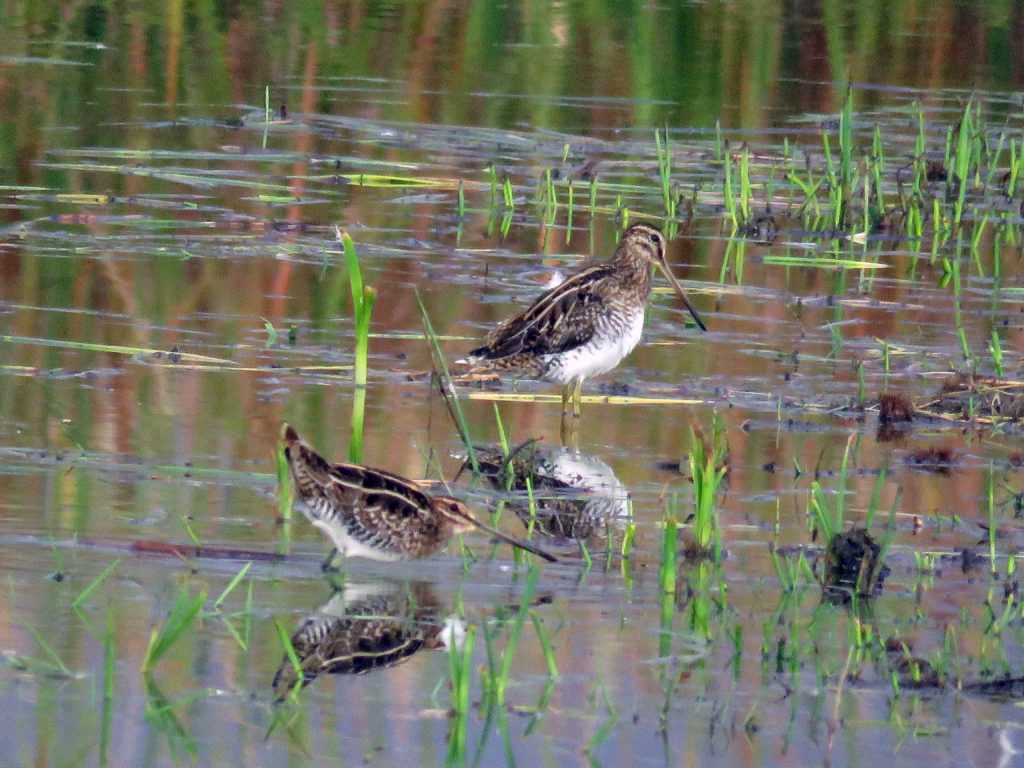
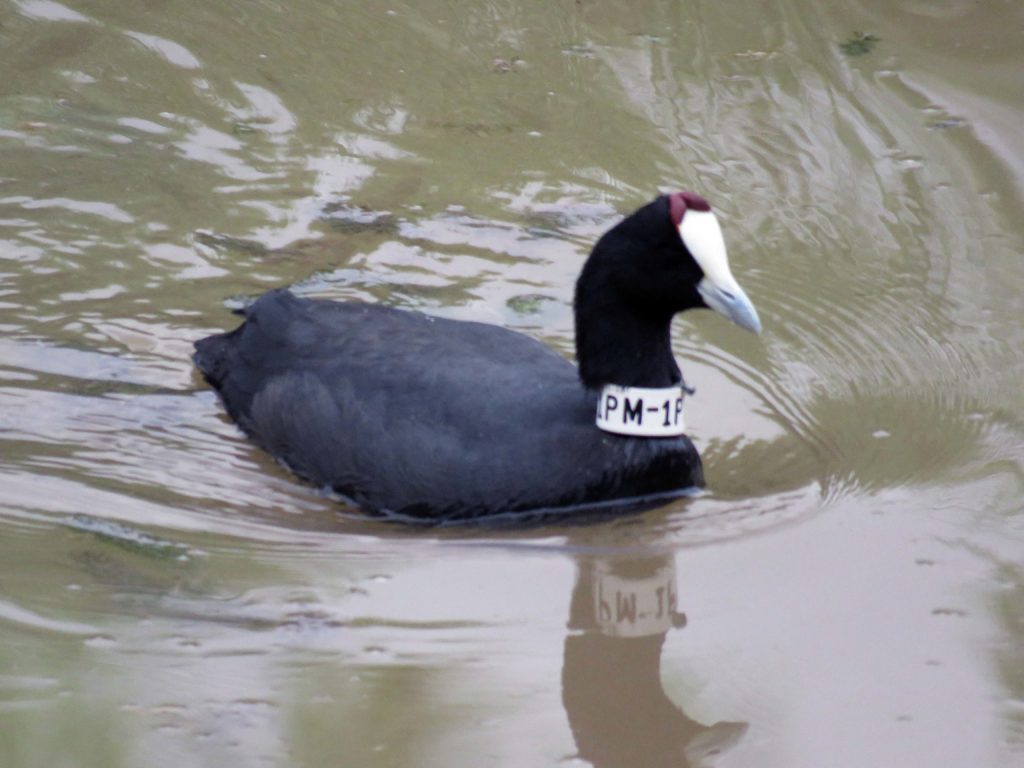
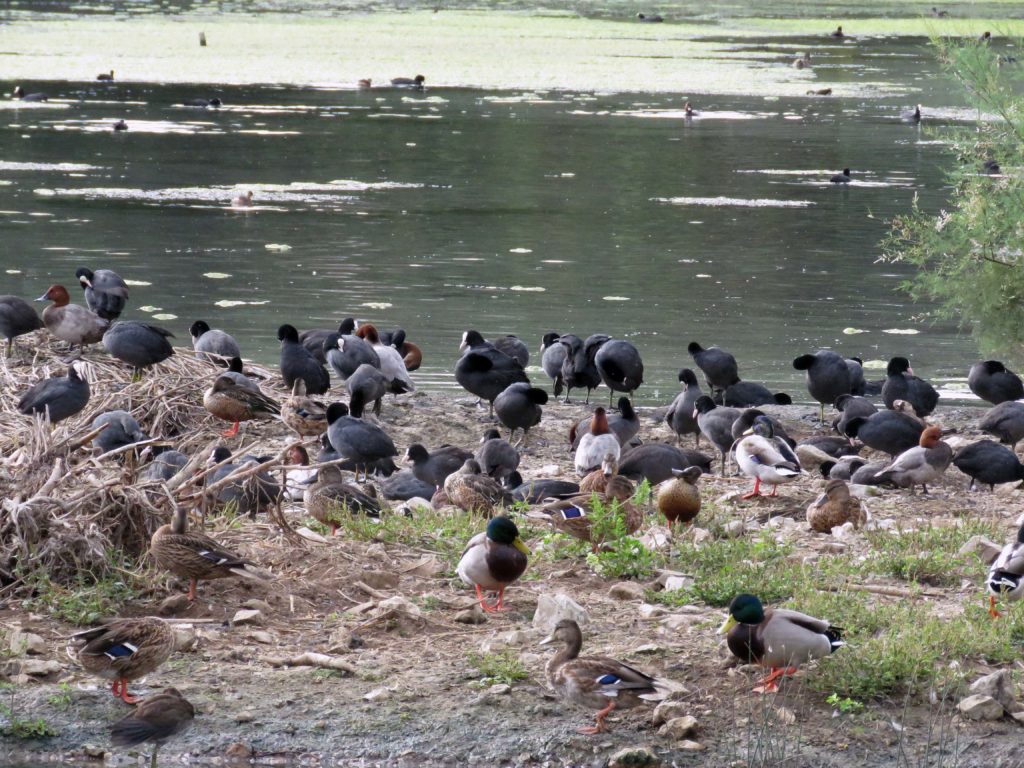
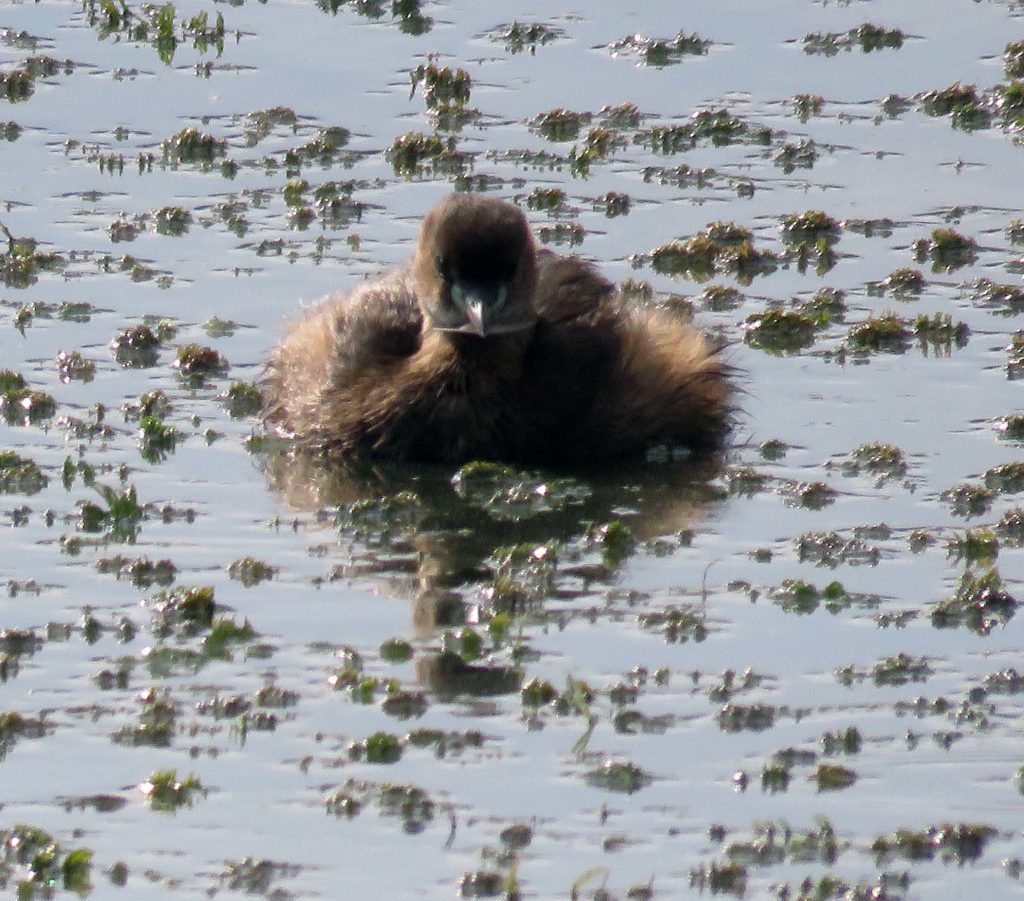
We are leaving in a few days but still doing some rooftop birding from the terrace. Adios desde Espana
Kingfishers are perhaps our favorite bird – we see them all summer on the river in Vermont, have been delighted by them in Texas and Ecuador, and as I noted a couple of post ago, caught a glimpse of one in Spain. This morning, we went back early to the Charca de Suarez to try to see him again. Sure enough, he showed up in the same small lagoon.
The bird is small (sparrow-sized) and flies fast so it is a challenge to photograph with the Canon SX-60 but he gave us some nice far-away looks.
There’s a great write-up on the bird here if you want more information. Gracias, mi amigos.